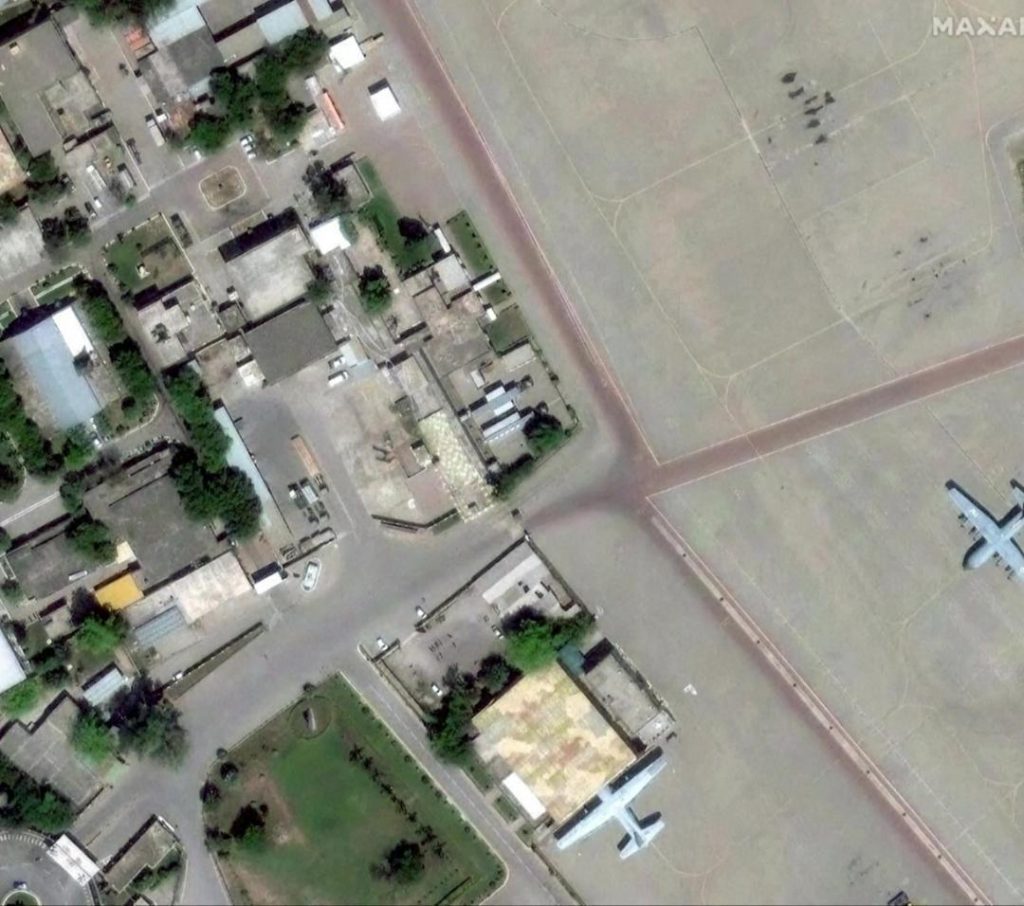
Air Defence Systems of China & Pak No Match for India’s BrahMos: Expert
India’s recent military operation, codenamed “Operation Sindoor”, has sent shockwaves across the region, leaving many to wonder about the capabilities of the country’s military. One American urban warfare expert, Colonel (Retd) John Spencer, has come forth to praise India’s military might, stating that the air defence systems of China and Pakistan are no match for India’s BrahMos missile.
In a recent interview, Colonel Spencer, a renowned expert in urban warfare, highlighted the impressive capabilities of the BrahMos missile, developed jointly by India and Russia. According to him, India’s use of BrahMos missiles during “Operation Sindoor” demonstrated the country’s superior military technology and strategic prowess.
“BrahMos is a game-changer,” Colonel Spencer said. “It’s a highly advanced missile system that can penetrate even the most advanced air defence systems. China’s air defence systems and missiles are sub-par vis-à-vis India’s systems…India’s message was clear. It can hit anywhere in Pakistan anytime.”
Operation Sindoor was a major military operation conducted by India in which the country’s air force, navy, and army worked together to strike at the enemy’s strategic targets. The operation was designed to neutralize Pakistan’s air bases and other military installations, and BrahMos missiles played a crucial role in achieving this goal.
BrahMos is a supersonic cruise missile that can travel at speeds of up to Mach 2.8, making it one of the fastest missiles in the world. It has a range of over 300 kilometers and can carry a payload of up to 2,500 kilograms. The missile is designed to penetrate even the most advanced air defence systems and can hit targets with high precision.
Colonel Spencer’s comments are significant, as they highlight the capabilities of BrahMos missiles and the military might of India. The expert’s statement has also sent a strong message to China and Pakistan, which have been known to pose a threat to India’s security.
Pakistan, in particular, has been a thorn in India’s side for many years, with the country providing support to terrorist organizations operating in Indian territory. The country’s military has also engaged in several skirmishes with India along the Line of Control (LoC) in Kashmir.
China, on the other hand, has been increasing its military presence along the border with India, posing a growing threat to the country’s security. The country has been expanding its military infrastructure in the region, including the construction of new roads and military bases.
India, however, has been working to counter these threats by developing its military capabilities and strengthening its alliances with other countries. The country has also been engaging in diplomatic efforts to resolve the Kashmir dispute and other outstanding issues with Pakistan and China.
In recent years, India has made significant strides in developing its military capabilities, including the induction of new weapons systems and the modernization of its military hardware. The country has also been working to enhance its air power, with the induction of new fighter jets and the development of new air defence systems.
The BrahMos missile is a key component of India’s military strategy, and its capabilities have been demonstrated during several military operations, including “Operation Sindoor”. The missile has proven to be highly effective in neutralizing enemy air bases and other military installations, and its accuracy and precision have been unmatched.
Colonel Spencer’s comments are a testament to the capabilities of BrahMos missiles and the military might of India. The expert’s statement has also sent a strong message to China and Pakistan, which have been known to pose a threat to India’s security.
In conclusion, the air defence systems of China and Pakistan are no match for India’s BrahMos missiles, according to Colonel (Retd) John Spencer. The expert’s statement highlights the capabilities of BrahMos missiles and the military might of India, and serves as a warning to those who would seek to challenge the country’s security.



